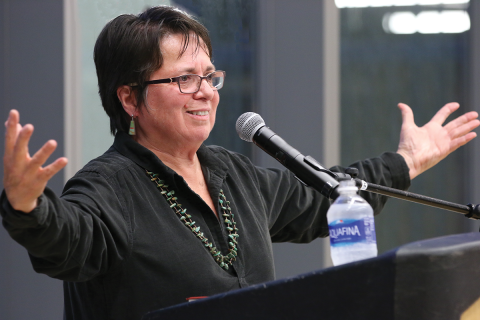
Did You Kill Your Baby?: Gender, Race, and Religion in the Early Venezuelan Republic
by Reuben Zahler, Associate Professor, Department of History
In January of 1811, María Isabel Ribas found herself in jail, charged with murdering her own baby, one of the most heinous acts imaginable for a Catholic woman. A few days earlier, in her neighborhood of Mérida, Venezuela, locals had found the cadaver of a newborn infant in a field, being eaten by vultures. Officials searched in the area for women who had recently been pregnant, and questioned María. She admitted that the baby was hers but also insisted that she was innocent of murder.










